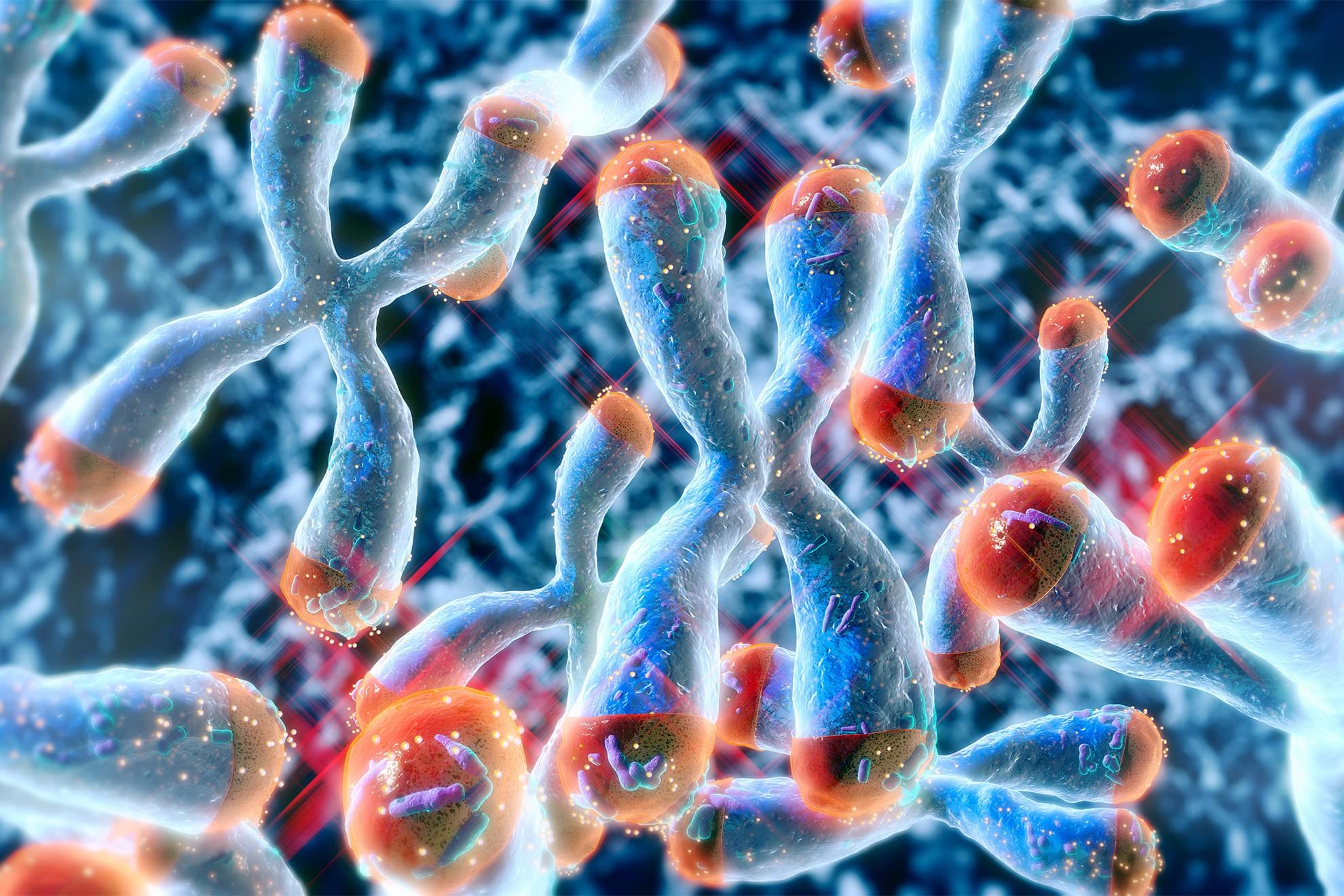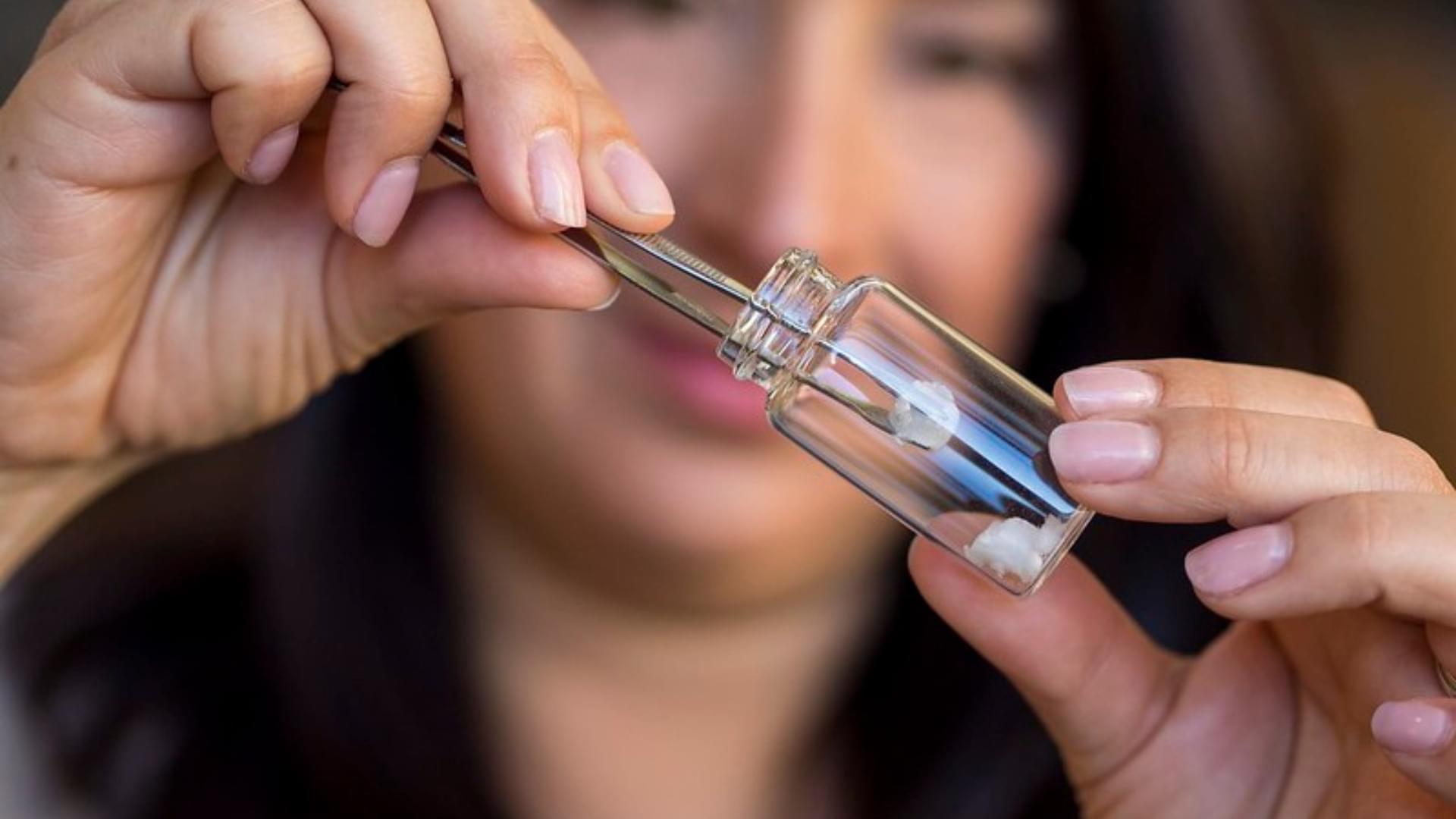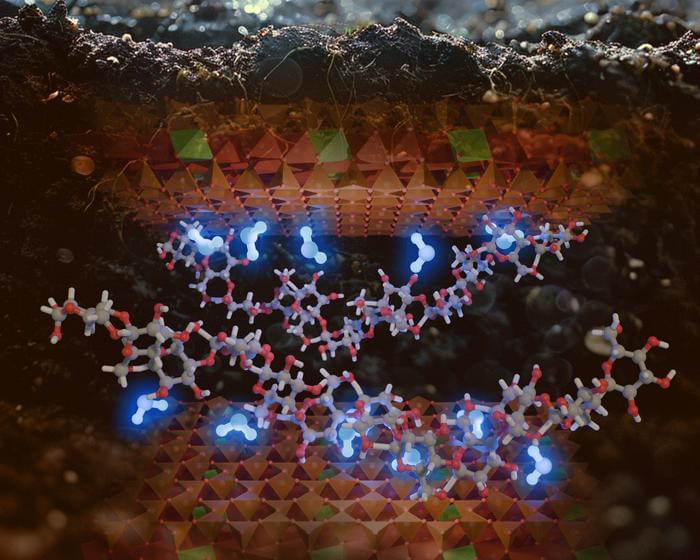Polymer-based modulation of gold-gold gap could yield new types of hologram.



Results from a randomized controlled trial reveal that vitamin D supplementation helps maintain telomeres, protective caps at the ends of chromosomes that shorten during aging and are linked to the development of certain diseases.
The new report, which is published in The American Journal of Clinical Nutrition, is based on data from a VITAL (VITamin D and OmegA-3 TriaL) sub-study co-led by researchers at the Harvard-affiliated Mass General Brigham and the Medical College of Georgia, and supports a promising role in slowing a pathway for biological aging.
“VITAL is the first large-scale and long-term randomized trial to show that vitamin D supplements protect telomeres and preserve telomere length,” said co-author JoAnn Manson, the principal investigator of VITAL and chief of the Division of Preventive Medicine at Harvard-affiliated Brigham and Women’s Hospital and the Michael and Lee Bell Professor of Women’s Health at Harvard Medical School.
Trial shows protection against telomere shortening, which heightens disease risk.

Paris, France, Cambridge, USA, June 24, 2025 – TISSIUM, a MedTech company pioneering biomorphic programmable polymers for tissue reconstruction, today announced that the U.S. Food and Drug Administration (FDA) has granted De Novo marketing authorization for COAPTIUM® CONNECT with TISSIUM Light, a first-of-its-kind atraumatic sutureless solution for peripheral nerve repair.
This authorization represents a pivotal regulatory milestone for TISSIUM, further validating its biopolymer platform and enabling U.S. commercialization of its first product. COAPTIUM® CONNECT is now the only FDA-authorized system designed for atraumatic sutureless nerve coaptation. Christophe Bancel, Co-Founder and CEO of TISSIUM said: “This FDA marketing authorization validates over a decade of scientific and clinical commitment to developing next-generation solutions in tissue reconstruction. COAPTIUM® CONNECT is the first demonstration of the transformative potential of our polymer platform and an important step in making atraumatic tissue repair available to patients.”
This regulatory milestone marks TISSIUM’s entry into the U.S. market and establishes the foundation of the TISSIUM polymer platform for atraumatic tissue repair.

In studies with genetically engineered mice, Johns Hopkins Medicine researchers say they have identified a potentially new biological target involving Aplp1, a cell surface protein that drives the spread of Parkinson’s disease-causing alpha-synuclein.
The findings, published May 31 2024 in Nature Communications, reveal how Aplp1 connects with Lag3, another cell surface receptor, in a key part of a process that helps spread harmful alpha-synuclein proteins to brain cells. Those protein buildups are hallmarks of Parkinson’s disease.
Notably, the researchers say, Lag3 is already the target of a combination cancer drug approved by the U.S. Food and Drug Administration (FDA) that uses antibodies to “teach” the human immune system what to seek and destroy.


ARC Prize
A novel way to prevent the spread of malaria – a potentially life-threatening disease transmitted through bites from mosquitoes infected by a parasite – could soon be realized, thanks to scientists at The Walter and Eliza Hall Institute of Medical Research (WEHI) in Australia.
While vaccines for malaria exist and more are being formulated for greater efficacy, the WEHI team went right to the source. It first visualized the protein complex that facilitates the reproduction of the Plasmodium falciparum parasite inside mosquitoes. Then, the scientists developed a mRNA vaccine – based on similar technology used for some COVID-19 vaccines – to block the fertilization process. The result: a 99.7% drop in the rate of transmission of the malaria-causing parasite recorded in preclinical studies.
That could be a huge step forward in the fight against this widespread disease, which affects nearly 300 million people around each year, and claims 600,000 lives annually.